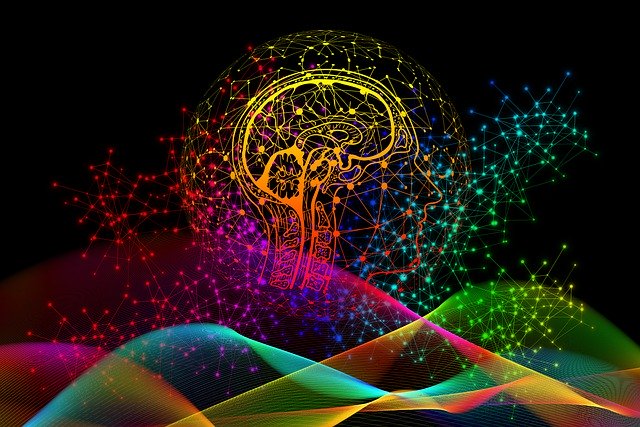
Balancing Your Hormones to Beat Belly Fat
Posted December 29th, 2015
“Losing weight can be a challenge,” so says Deborah L. Oleynik, ND. While this sounds more like a fact of life than a profound statement, anyone who has ever tried the simple formula of exercise more/eat less and failed, needs to also understand the symphony of hormones that are involved in metabolism. These metabolic hormones make up a complex resonance in which the absence or over-abundance of just one can make or break the outcome. Some of the better known players included in this orchestra are: growth hormone, insulin, thyroid, cortisol, testosterone, estrogen and a lesser known hormone, Leptin.
While you never want fat hanging around your waist, for many people it’s the first place it goes and the last place it leaves. Believe it or not, love handles aren’t just unattractive. Carrying weight around your abdomen is bad for your health, worse than carrying weight on your hips or thighs, and is a key indicator of a hormonal imbalance. If you have struggled to lose weight or keep it off, I guarantee that your hormones are at play. Your hormones control every aspect of weight loss including your metabolism, where you store your fat, your appetite and even your cravings! This means any form of hormonal imbalance will sabotage your efforts, regardless of your diet and exercise habits.¹
Leptin: A 2004 study at the University of Chicago and Stanford showed that Leptin is a major regulator of appetite suppression. Leptin tells you to put down the fork. At The Renewal Point, we find many overweight people with Leptin resistance. They simply stay overly hungry all day long, until Leptin is balanced.²
Estrogen: Women, at certain phases of their lives and men in andropause, may experience estrogen imbalances with symptoms of: low libido, memory loss, poor motivation, depression, loss of muscle mass, and increased belly fat.
Low Testosterone: Testosterone levels decrease with age for both men and women. This is quite an alarming finding, considering those with low testosterone are more likely to develop a potbelly and other body fat. Scientists have found that testosterone may prompt the loss of body fat when deficient levels are replaced. Other signs of low testosterone levels include a loss of muscle tissue, depression, decreased strength, stamina, sex drive and a desire for love and affection.
Low Growth Hormone: This omnipotent hormone affects just about every cell in the body and has a major impact on our feelings, actions and appearance. Unfortunately, everyone will notice a decline in growth hormone as they age. I say this is unfortunate because growth hormone is essential for tissue repair, muscle building, bone density, and healthy body composition. A 2007 study from the Journal of Clinical Endocrinology & Metabolism linked abdominal obesity in postmenopausal women with low growth hormone secretion, elevated inflammatory markers and increased risk of cardiovascular disease.³
High Insulin: Insulin is an essential substance whose main function is to process sugar in the bloodstream and carry it into cells to be used as fuel or stored as fat. A primary cause of hyperinsulinemia is excess intake of sugar or carbohydrates typical of many diets today. Insulin resistance may also be attributed to lack of exercise, overindulging in alcohol, stress, a family history of diabetes, high blood pressure and excess body fat, especially around the abdomen.
High Cortisol: Persistently elevated levels of the stress hormone, cortisol, are very detrimental to your health as well as to your body composition. Not only does it increase your appetite and cravings, it causes a loss of muscle mass, libido and bone density, and also contributes to depression and memory loss. In other words, chronic stress makes us soft, flabby and much older than we truly are! Results published in the journal of Psychosomatic Medicine in 2000 established a link between cortisol and increased storage of abdominal fat.4
At The Renewal Point weight loss program, we specialize in balancing all the metabolic hormones. If this article sounds like you, let our expert and friendly staff help with these ‘pesky little trouble-makers.’ Without proper hormone balance, trying to maintain long-term results and long-term health is like trying to stop a freight train with your little finger – you will lose. To Your Good Health!
Source: Dr. Dan Watts, MD, ND, Post-doctoral Masters in Metabolic and Nutritional Medicine, Post-Doctoral Certification Metabolic Endocrinology; FELLOWSHIPS The American College of Surgeons, American Academy of AntiAging, Regenerative, and Functional Medicine.
REFERENCES: 1. Dr. Natasha Turner-The Oz Show 2. Universities of Chicago University & Stanford 2004 3. Journal Psychosomatic Medicine 2000 4. Journal of Clinical Endocrinology & Metabolism 2007




